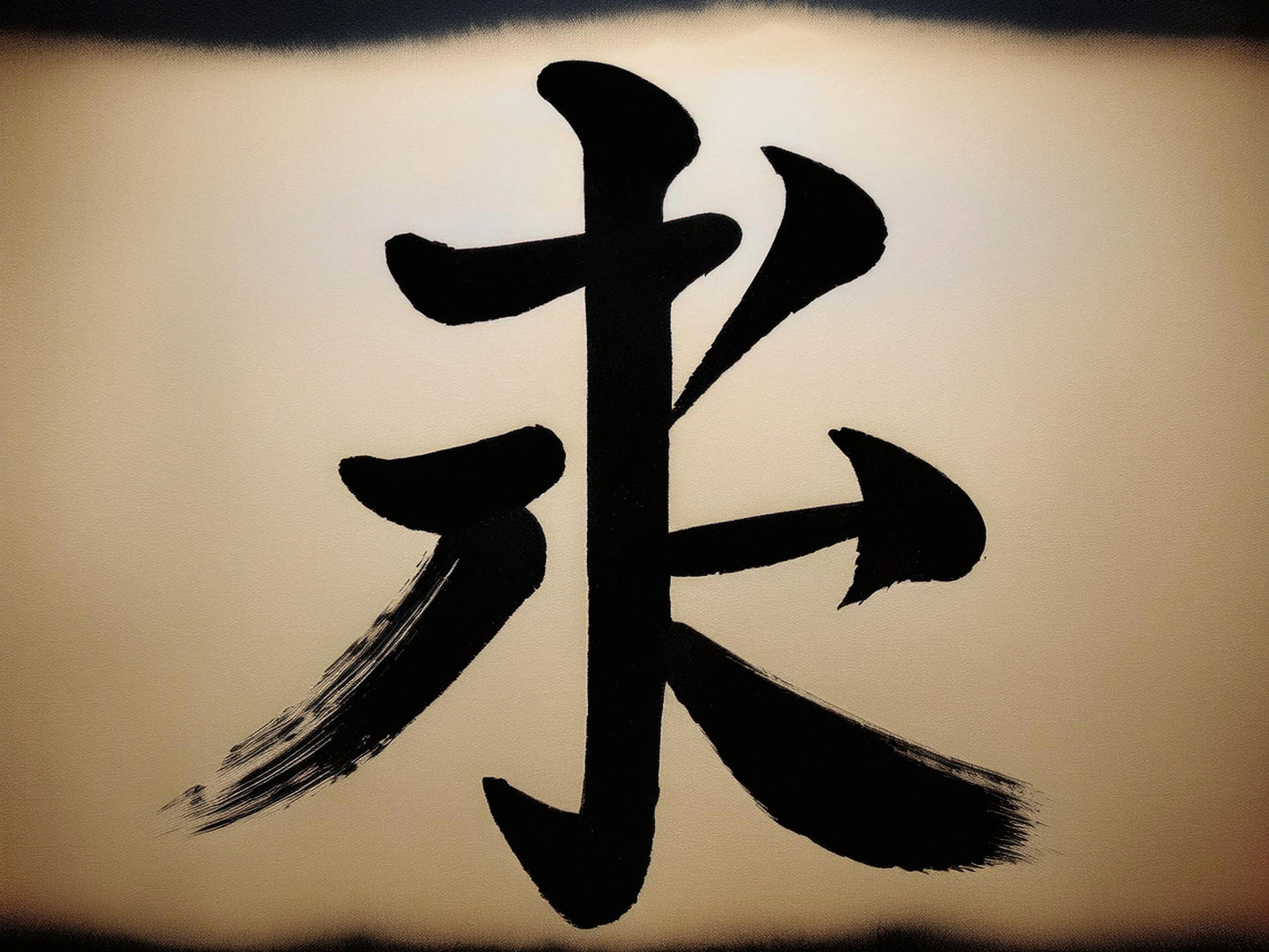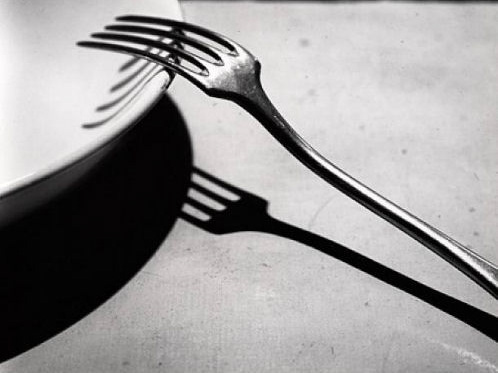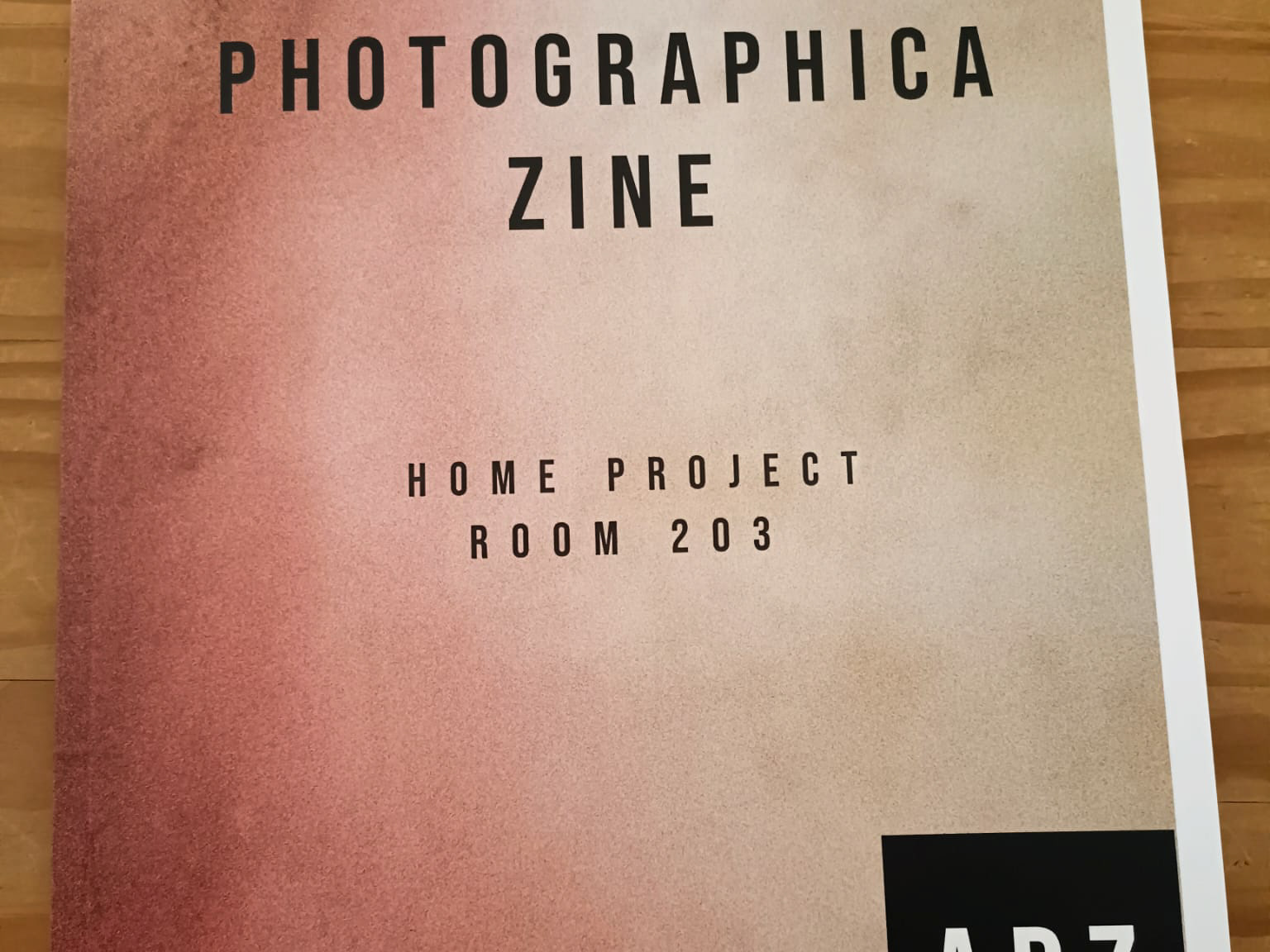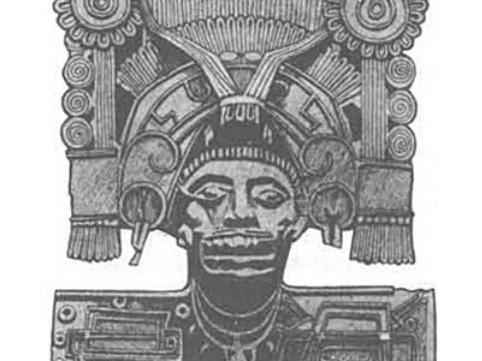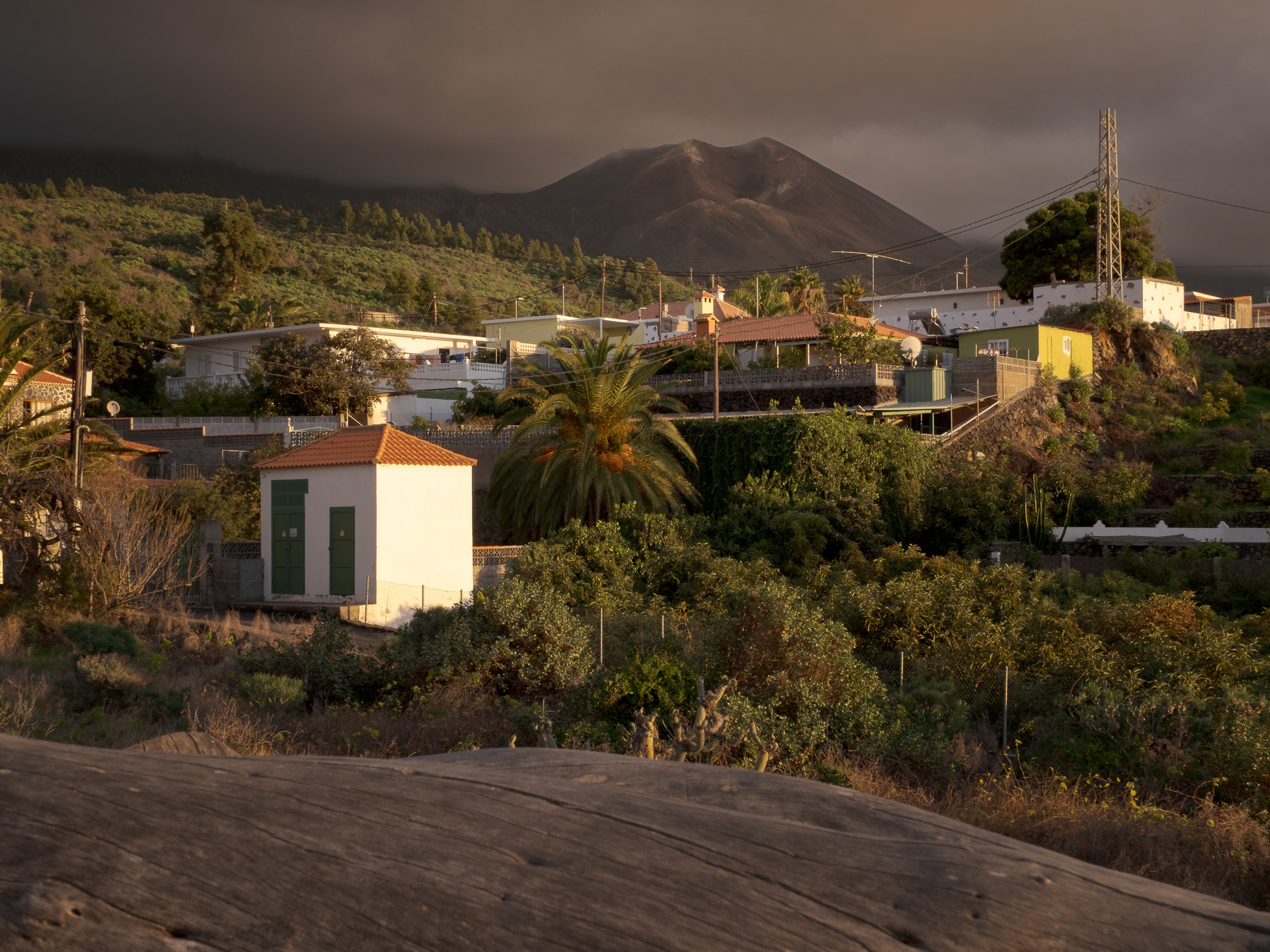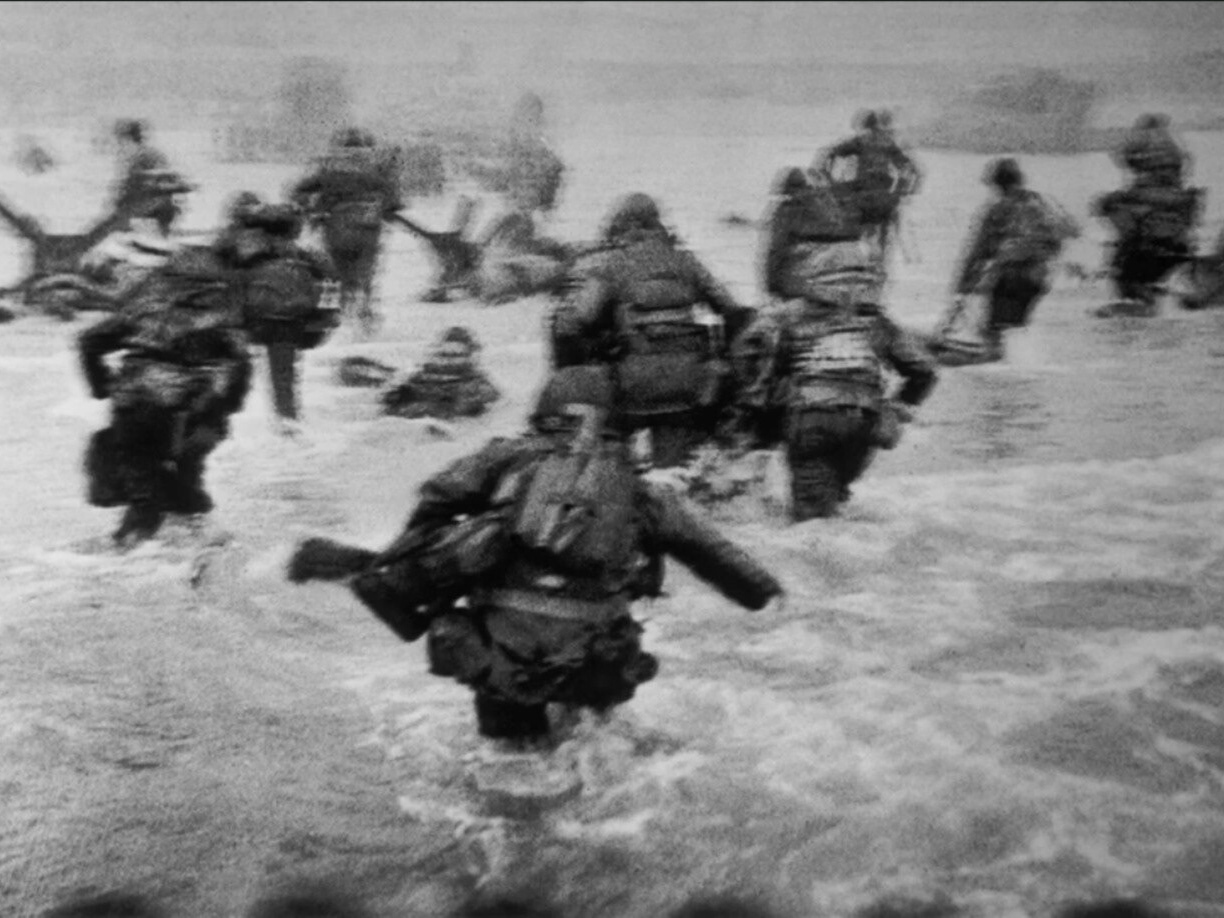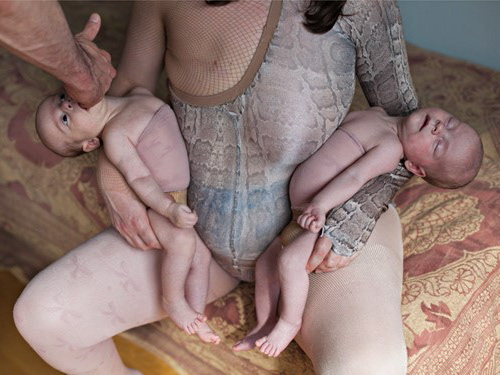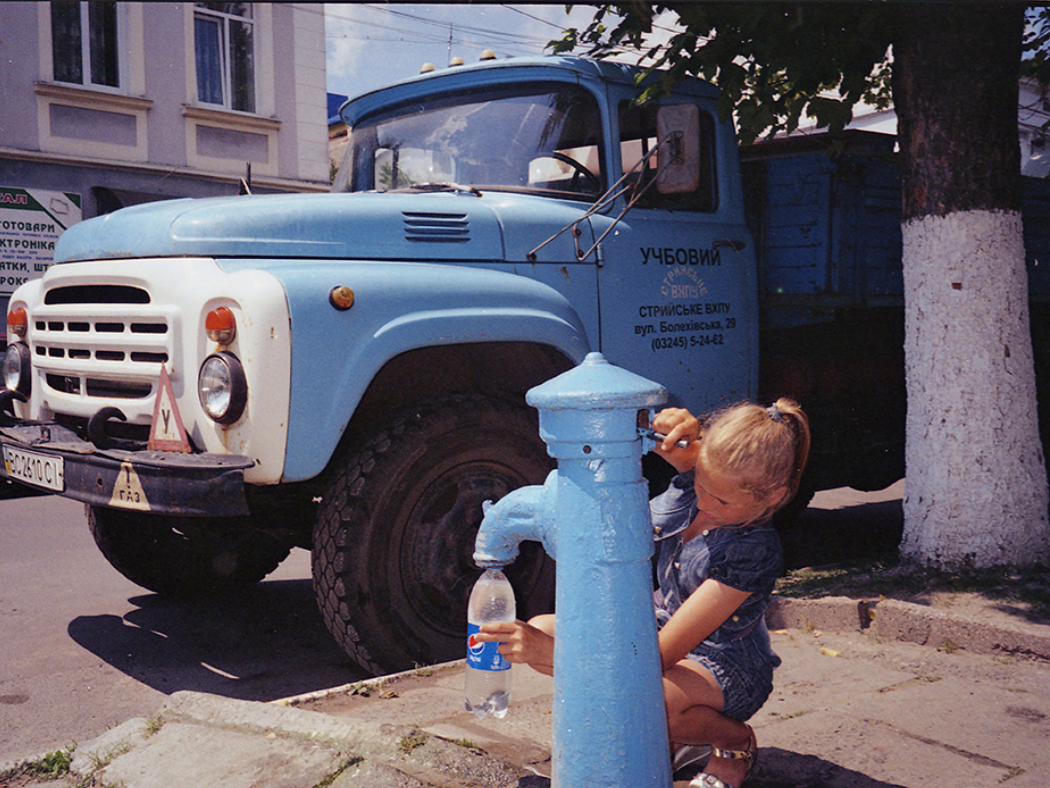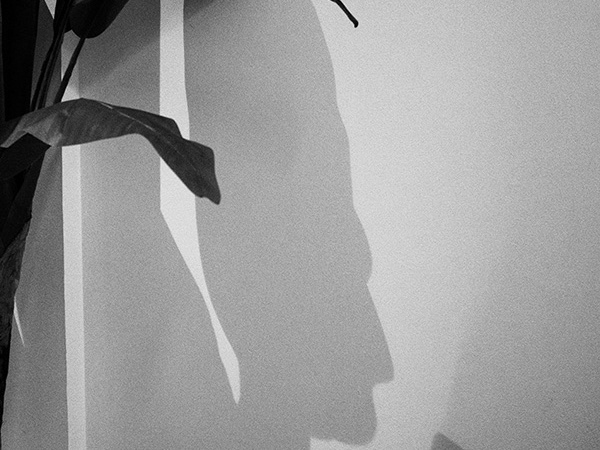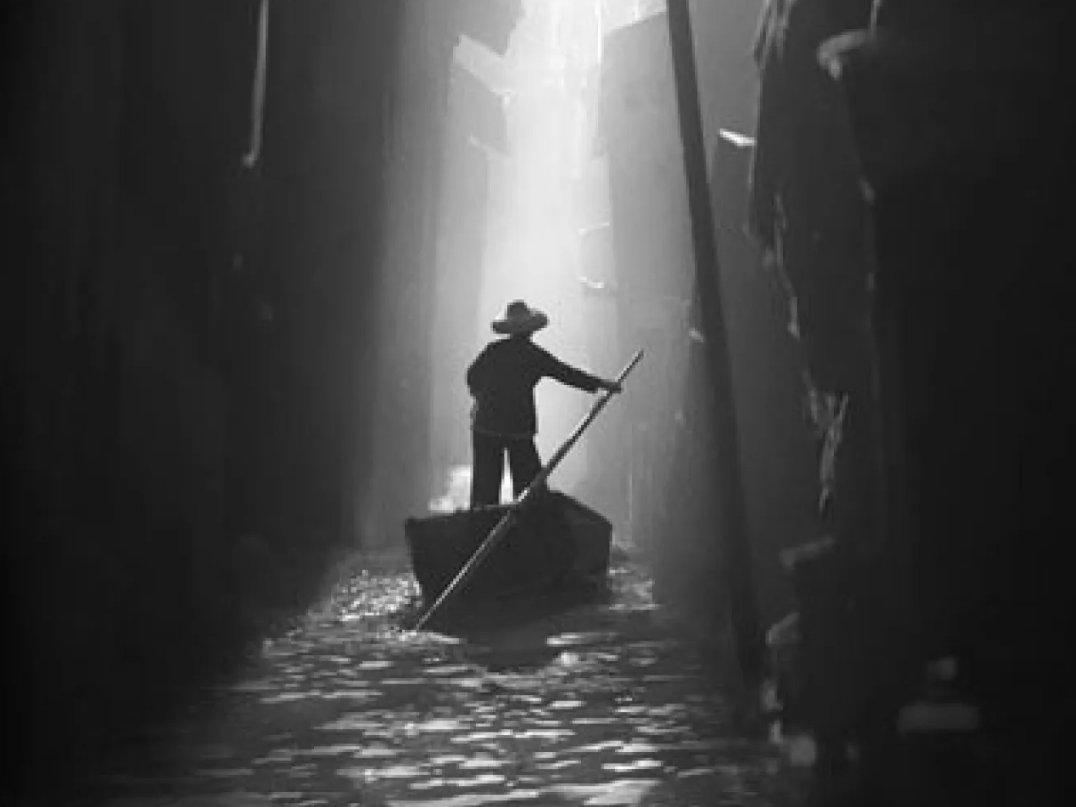Michael Ackerman, The Birds
There is something in the poor image (a term that originated from a conference on cinema in Germany in 2007, called "In Defense of the Poor Image") that attracts and captivates much more than the legitimate offspring of RAW, despite what pure image aesthetes, lovers of digital focus, anti-noise, and a thousand effects created in digital processing programs, might believe.
This image, sometimes imperfect in its perfection, deteriorated at other times, or simply outdated due to a procedure that is no longer current, has the ability to make us think, convey a message, and hold our attention for more than 10 seconds, even making us think about it and remember that image.
I do not know the reasons why this happens so frequently, but I dare to say it is because of the slight flirtation with abstraction that this type of image produces on itself.
In my case, it provokes sensations and makes me think; perhaps my brain tries to interpret the scene unfolding before my eyes. Maybe it tries to fill in those gaps or visual imperfections that do not let me fully understand what the artist wanted to show. However, or rather "because of that," the image is so good.
As a consequence, the risk arises once again of opening the debate on technique and equipment, since the poor image leads me to techniques and equipment that are probably obsolete (in the eyes of technique) and this is not the intention of this short text. I believe it is easily understood what I mean.
However, I think it is worth mentioning that, despite the morning critique scent of this text, my intention is to encourage those who believe they are not good photographers because their equipment is not good enough. On the contrary, I would tell them that the poor image is on their side and that by knowing how to exploit that 80s analog camera, or perhaps those early digital cameras from the early 21st century, they will have more chances of success in storytelling, at least visually.
Personally, I like and am enthusiastic about the poor image, that slightly unfocused image, with grain, sometimes with blocked shadows, or any other defect it may contain.
